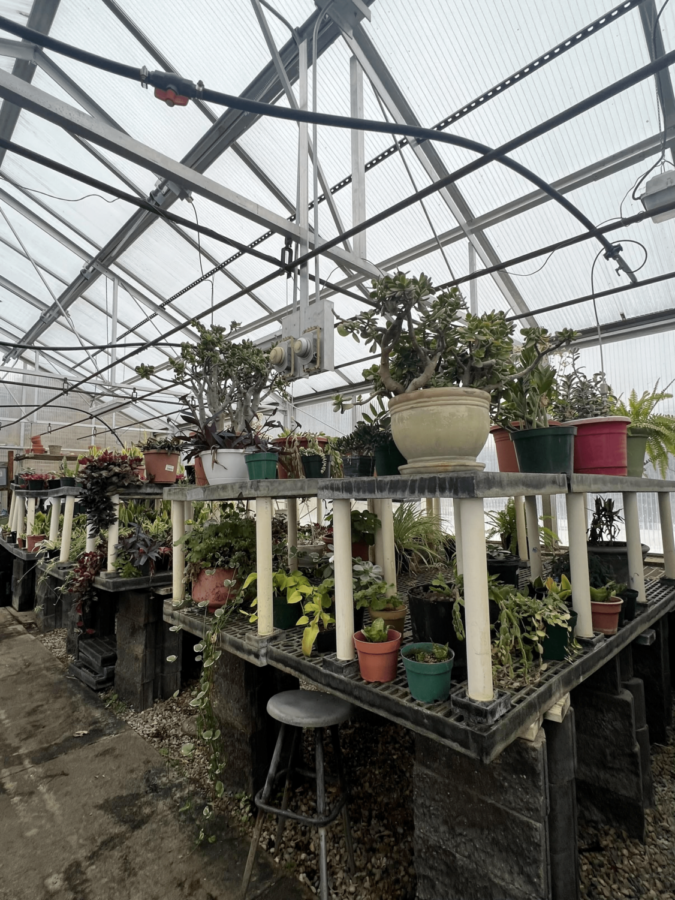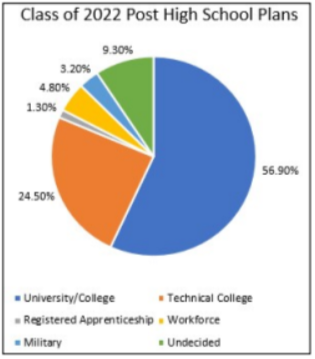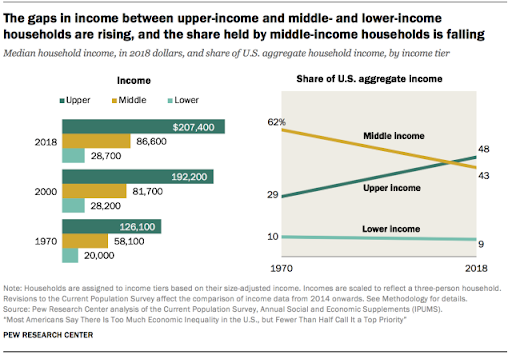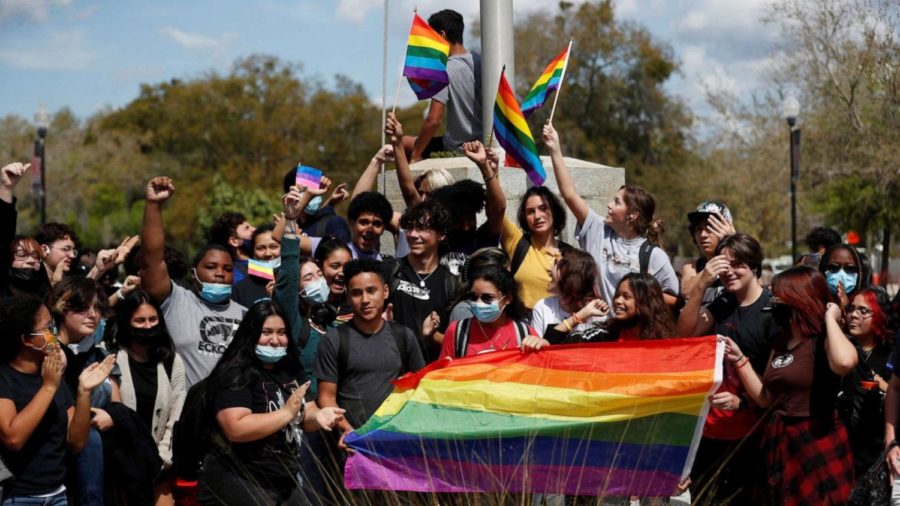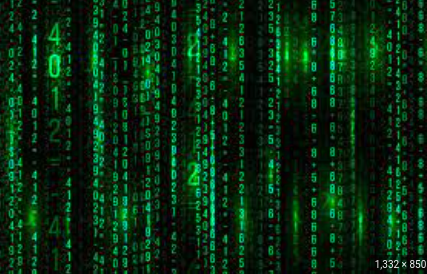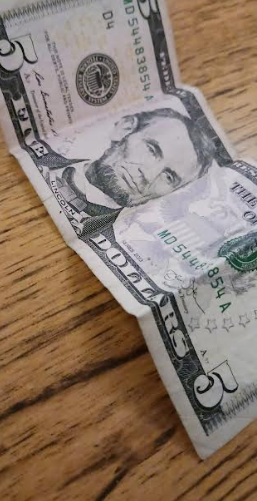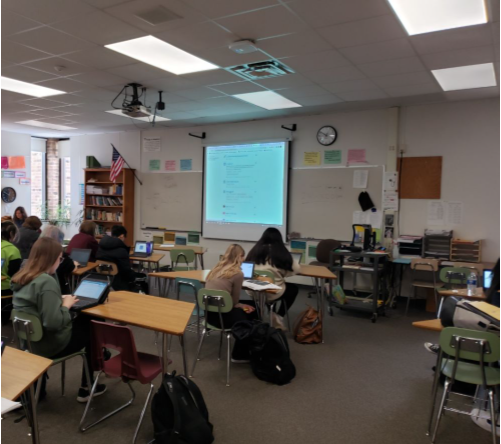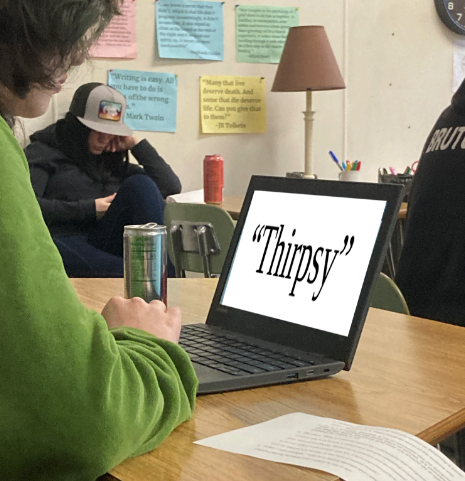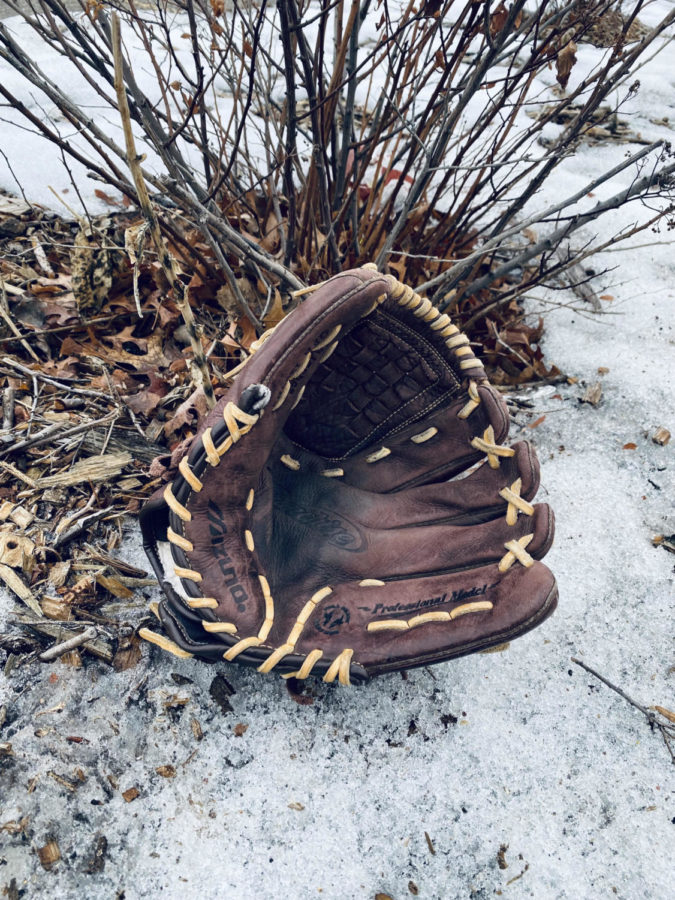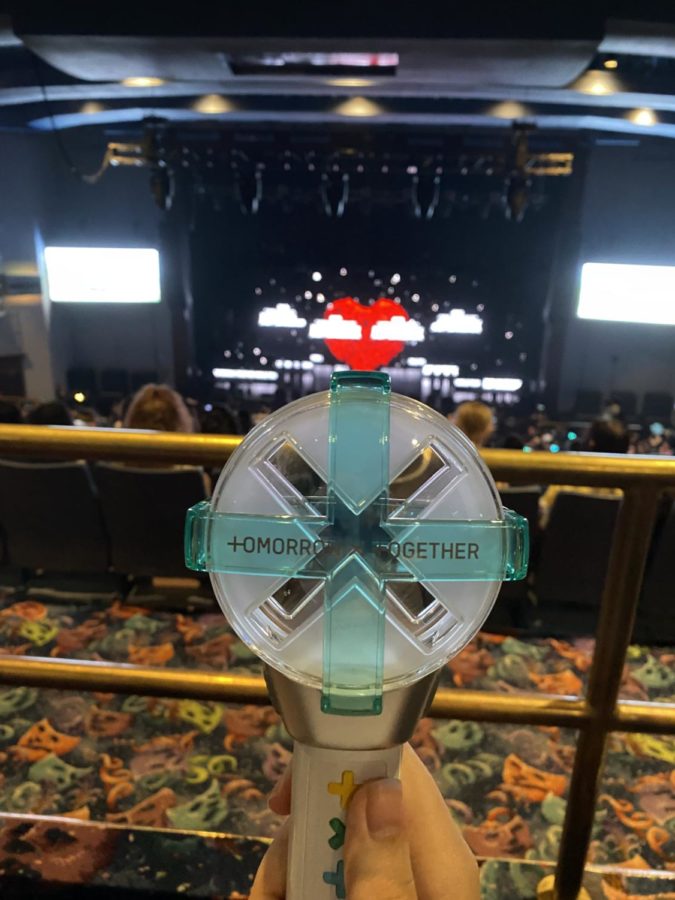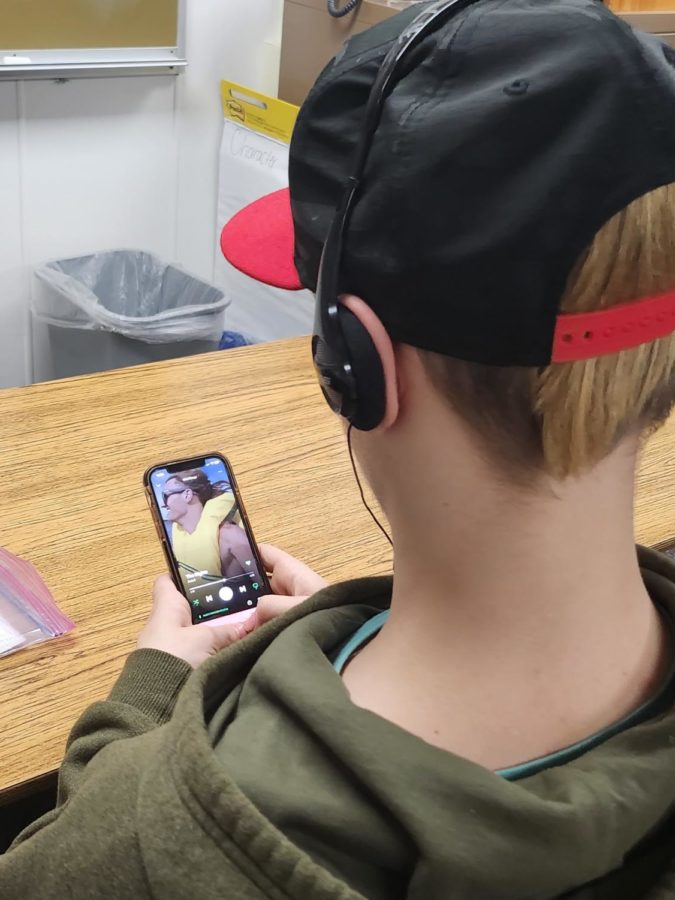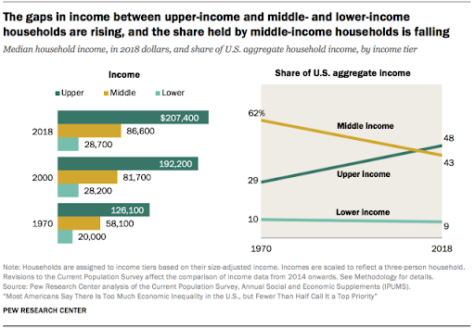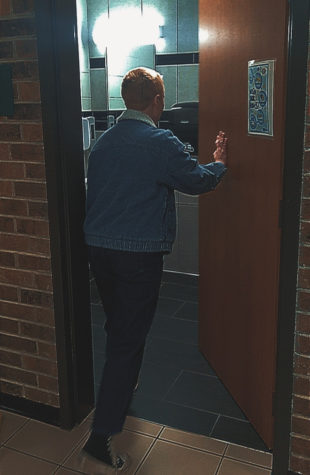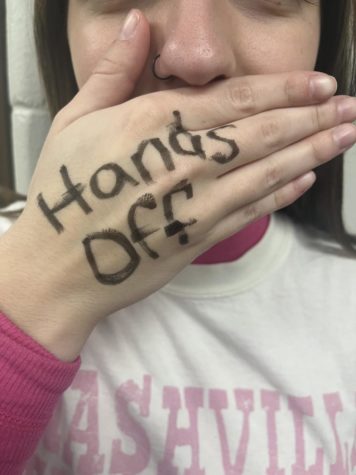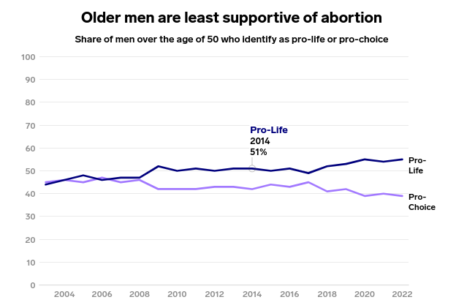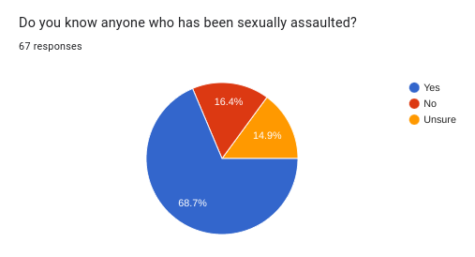Should Feminine Products Be Taxed As a Luxury Item?
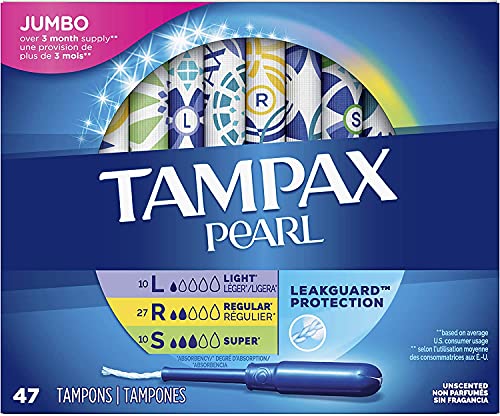
September 19, 2022
Imagine having to make the choice between food and clothing or period products, you would probably choose to get the food you need and clothes to keep warm right? This is a decision many women and teens are being forced to face because of lack of income. Many other factors could play in but having these necessities taxed as a luxury sure isn’t helping. The rate is currently five per cent, compared with 20 per cent Value-Added tax (VAT) on most products and services which is way too much. Women aren’t getting hygienic products they need which is leading to more health problems in that area. So why are tampons and pads marked as luxury items when things for erectile dysfunctions aren’t?
Women don’t get the choice to menstruate, it just happens, yet the government is taxing products like it’s a woman’s choice. Women are being financially penalized for their bodies working properly, yet men aren’t. Some people argue that feminine products should still be taxed as a luxury because women could easily make the products themselves, but buying them is just easier. Others might argue these products should just be free all together because again women cant control it so why should they have to pay for it. Men can’t control dysfunctions with their bodies and they are yet to be penalized for it. So why is it that women are penalized and men aren’t? Well it might just be because the government is very gender biased, or maybe it’s because men find periods unsanitary so they penalize women for them, or maybe it could just be because the government knows they will make money off of these necessities.
“Tampon tax” isn’t the only thing that’s unfair when it comes to women and menstruating: there’s also period poverty, which is the lack of education around menstruation and lack of access to menstrual products or hygiene facilities. The number is rising in women who are not able to afford to see an OBGYN/Gynecologist when they need it. The number of women not able to afford period products has also tremendously risen the past couple of years. When Covid-19 hit a lot of women(and men) lost their jobs and a lot of their income, making it more of a challenge to get both the hygiene products they needed and food/clothing that they also needed, and as they faced this decision more than half of them chose food because they didn’t want to starve just to afford feminine products. Period poverty has affected many women and the numbers continue to rise and fast.
Period Poverty is a worldwide issue and continues to become a bigger and bigger issue. The stigma around menstruation affects this quit a bit because, many young women and teenagers are taught that menstruation is gross and shouldn’t be talked about which is stopping them from getting help they need or the resources they need to learn about periods, and where to get the products that are necessary. Period Poverty is usually an effect of low income, many women are forced to use not as safe alternatives such as sawdust, rags, or old clothing which leads to physical health problems and has been linked to reproductive health issues and UTI’s. In India only 12% of menstruators can afford hygienic products, the rest have to use whatever they can find.
Why is it that there is so much stigma around periods in the first place? Periods are seen as gross and some people view women as impure when they are menstruating but in reality it just means a woman’s body is working and is healthy but all these women are being told they shouldn’t be talked about and they’re gross for having them which just causes more problems when women refuse to get the help they need by talking about it.
Luxury tax is used on items considered “non-essential” or expensive and unnecessary, so why is it period products are considered non essential items? If menstrual products are needed why are they considered unnecessary? The government claims they are not gender biased, yet erectile dysfunction cream is unnecessary and they aren’t taxed as luxury, but tampons and pads etc are necessary items and taxed as luxury. So what will it take to end period poverty and get rid of the “tampon tax”? Is it something that’s in our hands or is it all up to the government? Not only are they taxed as a luxury, but the prices of these products are rising when we need them to go down. Women cannot afford to pay extra for these necessities for 30 years of menstruation . On average, a woman spends $240 a year and $18,000 a lifetime on feminine products and yet they are still considered a luxury. Periods are far from luxury. The least the government could do is take off the luxury tax, women spend on average $1,000 a lifetime on pain killers for cramps and as if that’s not enough, the government is making us pay to keep clean.
So should tampons and pads be taxed as a luxury? Only 3 states have ended the “tampon tax” many states are on the edge about ending it. Even if the U.S. bans tampons being taxed as a luxury that doesn’t solve period poverty or tax on them anywhere else around the world. Some women think that period products should be free and period education should be easier to receive because this way period poverty would decrease in many women, although period poverty wouldnt disappear if that happened it would start to improve. Some women argue that even if tampon tax isn’t a thing or if tampons and pads were free it wouldn’t make a difference in period poverty because young women have already been taught periods are unsanitary and they need to pay for their bodies working.






